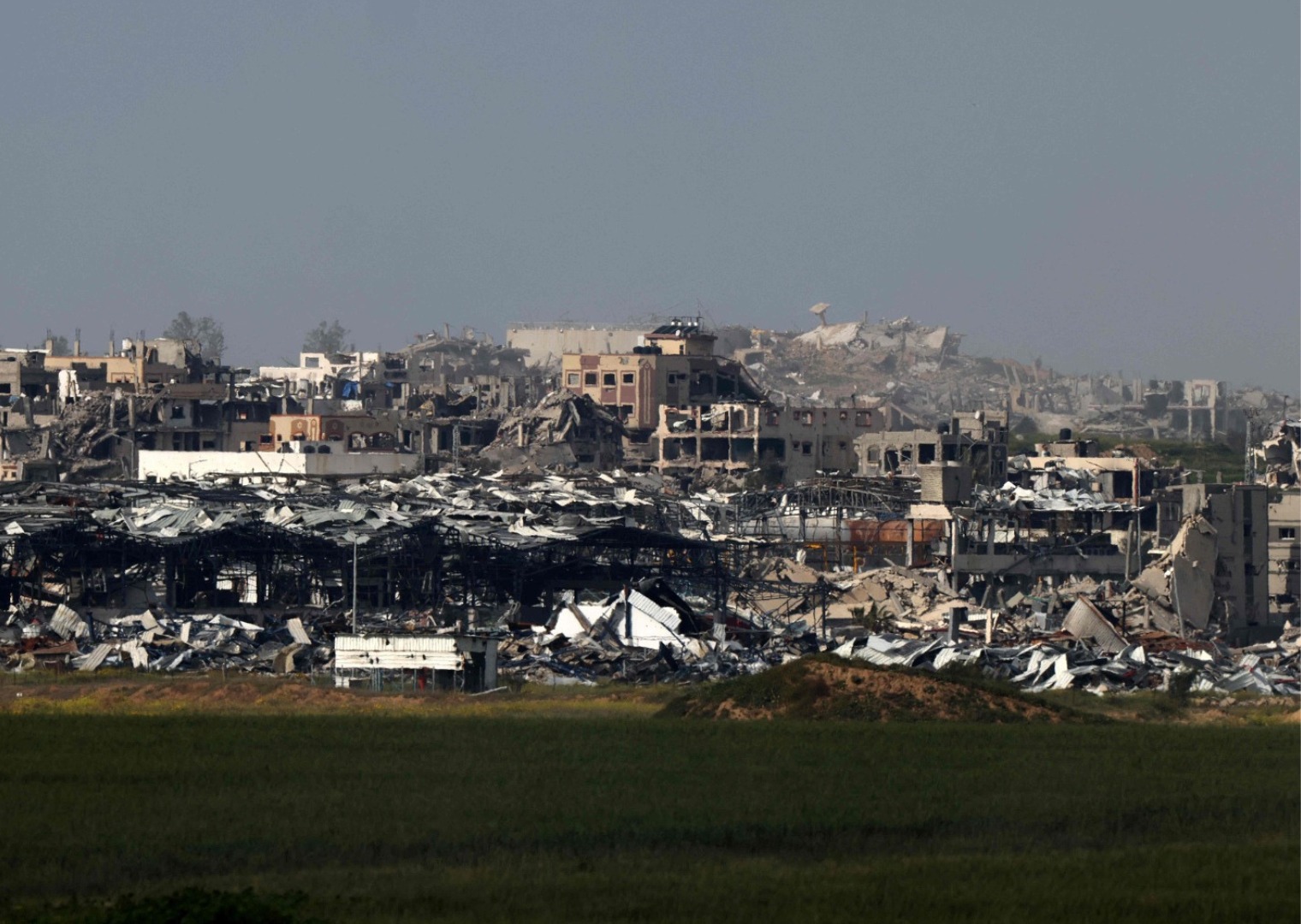
Cairo, 5 July 2025:
Following receipt of a proposal mediated by the United States, Hamas has declared its readiness to engage in talks regarding the implementation of a proposed 60 day ceasefire in Gaza, according to officials.
The talks will be facilitated by Egypt and Qatar. The plan, which was unveiled by U.S. President Donald Trump, calls for the release of Palestinian prisoners in exchange for a temporary truce and the gradual release of 10 hostages who are still alive and 18 who have died. Along the way to a more comprehensive peace agreement, it also establishes a timeline for Israel's withdrawal.
According to a Hamas spokesperson who spoke to Reuters, the organisation had reacted "in a positive spirit" and was prepared to start indirect negotiations with mediators regarding the ceasefire's practical implementation. Negotiators are asking for assurances on aid access, troop withdrawal, and future political arrangements, but Hamas is still demanding guarantees that the proposed truce would turn into a permanent end to hostilities. Israeli officials have confirmed that they are internally reviewing the proposal and acknowledged receiving Hamas's response. In stark contrast to Hamas's demands, Prime Minister Benjamin Netanyahu has stated that combat operations will continue until Hamas is completely disarmed.
Meanwhile, fighting is still going on. According to Gaza health authorities, at least 59 Palestinians were killed on July 3rd, including civilians who were caught in airstrikes that targeted locations like an aid distribution center and a school that housed displaced families. While mediators in Egypt and Qatar are attempting to close gaps between the two sides, U.S. officials have urged Netanyahu to follow through on the ceasefire proposal. In addition to humanitarian aid delivery supervised by UN and Red Crescent officials, the plan calls for phased prisoner exchanges and Israeli troop withdrawals at predetermined intervals, initially by Day 1 and Day 7.
Analysts in Gaza caution that if violence persists during talks, the tenuous momentum of the ceasefire may be jeopardised. However, after 21 months of fierce fighting and severe civilian suffering, Hamas' willingness to engage in implementation talks represents a unique opportunity. Diplomatic pressure is growing as indirect talks are about to start, and the proposal's future now depends on agreeing on its operational terms.